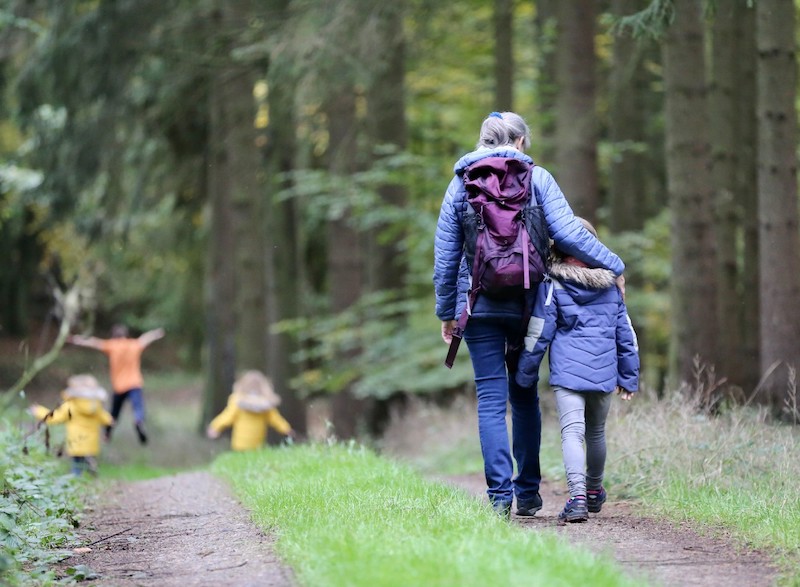
By Sara Orem
Sara Orem, Ph.D, is a longtime OLLI instructor, member and volunteer
There’s Shelley briskly walking uphill on Solano to the Brazilian coffee shop. Ellen and Joe walk their neighborhood every morning. Harriet prepares delicious vegan meals for herself and her housemate. Fred curls up on his outdoor chaise for an afternoon snooze. Each of these friends expresses an aspect of vitality that is so visible in many older adults.
I think there are five significant elements to this vitality. If most or all are present, 60, 70 and 80 year olds seem energetic and happy—most of the time.
- Eat. I used to love to cook. But at 78 I’m tired of the dailyness of cooking so I’ve learned to choose my food carefully based on both nutrition and EASE. It doesn’t have to be fancy, but to me, at least, it must be delicious AND nutritious. A whole wheat bagel for breakfast, some greens tossed with a simple vinaigrette for lunch, and a protein (plant or animal) with two vegetables for dinner. Oh, and a cookie, somewhere in there. Some variation on the above most every day makes me feel good and supplies the energy I need to continue to do the things I love.
- Move. My mom walked one or another of our dogs for a mile or so every day until she was about 70, when the last dog was given to a friend. She’d been a biter and in mom’s community, biting dogs were not welcome. Once Nancy (the dog) was gone, mom stopped walking. And then she couldn’t. This lesson is one I’ve learned well. Move and you can, stop moving and you’re stuck in your chair. I walk 5-10 miles a week. That used to mean hills in my local regional park. With a problematic heart condition now, I walk on sidewalks or mostly flat trails. Still I walk. It is more enjoyable with a friend, but if I’m alone, I walk. Moving means whatever makes you happy and keeps you afloat or on your feet—swimming, dancing, aerobic exercise—it doesn’t matter. Just keep moving.
- Sleep. While sleep was automatic and renewing for many of us as younger people, it seems to get more challenging with age. Mine is episodic, often 10-2, then an hour or more of tossing or reading, then a few more hours of sleep. Some days this is enough, but if there are too many days of this fitful rest strung together, I become irritable and logey. Then I need a sleep aid—melatonin, ambien, an enhanced ibuprofen—to permit a longer sleep cycle. For the twenty years this pattern has existed, I’ve felt embarrassed or even ashamed that I need these occasional aids. Now I accept that my body goes a little nuts every now and again and I just take the pill. I need 7-8 hours of real sleep.
- Connect. If the pandemic taught me nothing else it reminded me that friends, colleagues, and family are important because they connect me to a larger world than my living room couch, on which I spent too much time over the last two years. I am so happy to talk to my brother in Massachusetts, my work colleague at my dining room table, my husband at the end of the day, and my dear women friends on a walk or over lunch. Seeing and talking to other people seems like regrowing a withered limb. It is life-giving and life-affirming.
- Love. Finally, most importantly, overarchingly—love. Love your plants. Love your cat. Love your children and grandchildren. Let it show. Express it. Give a hug. Get a squeeze. Send a message. Love every day.
Sara Orem, Ph.D. is a longtime OLLI instructor, member and volunteer who facilitates workshops for older adults about vitality in the aging process. She also leads the Vital Aging Interest Group that is open to all OLLI members. Sara originally published this post on medium. It is republished here with her permission.